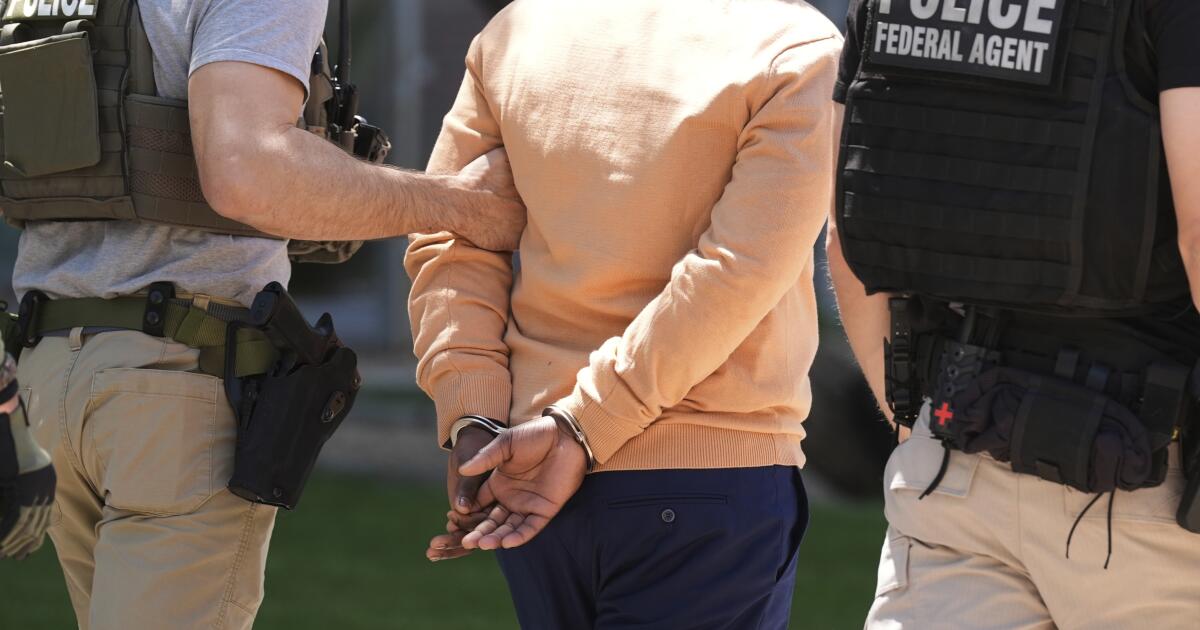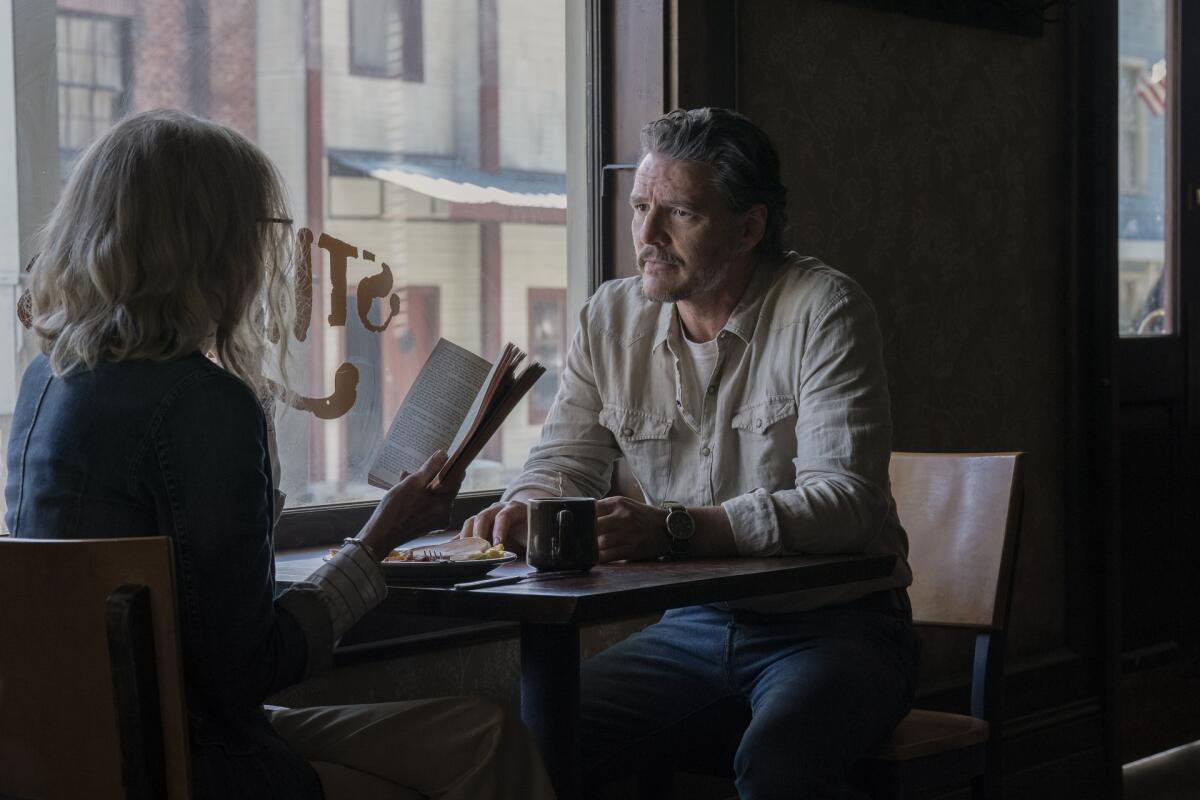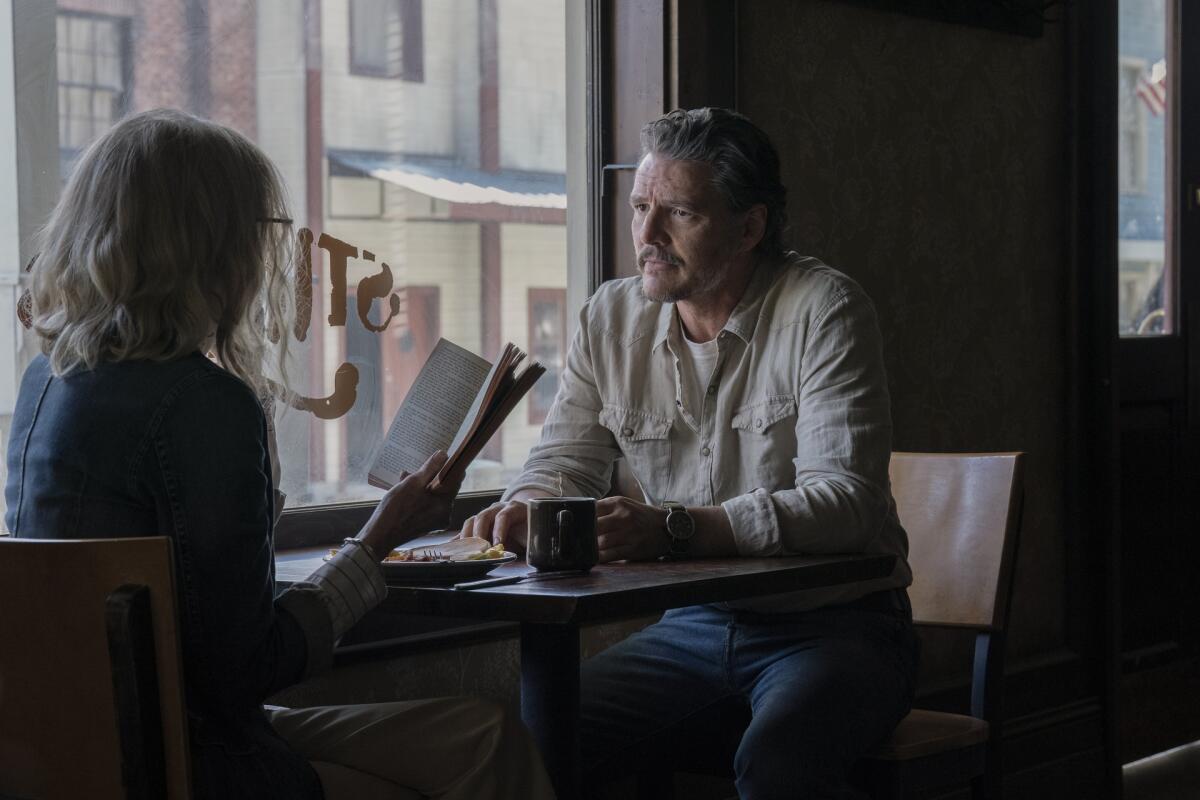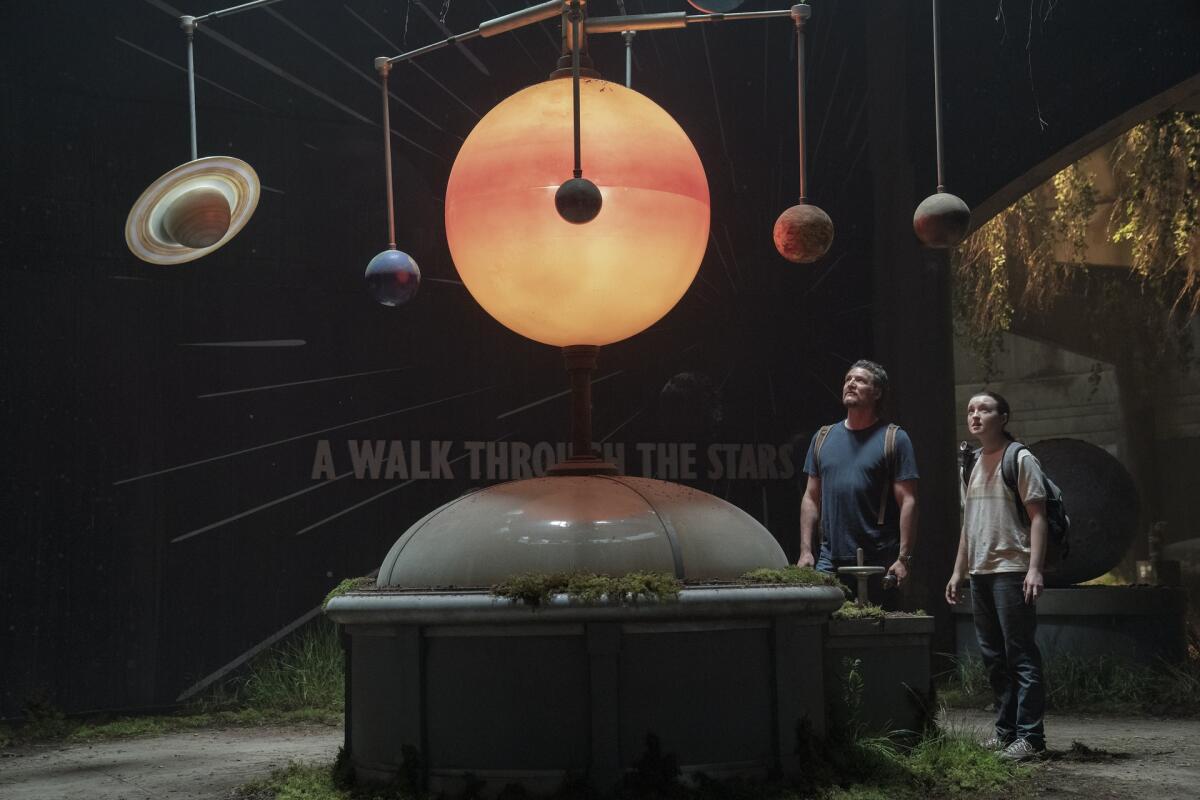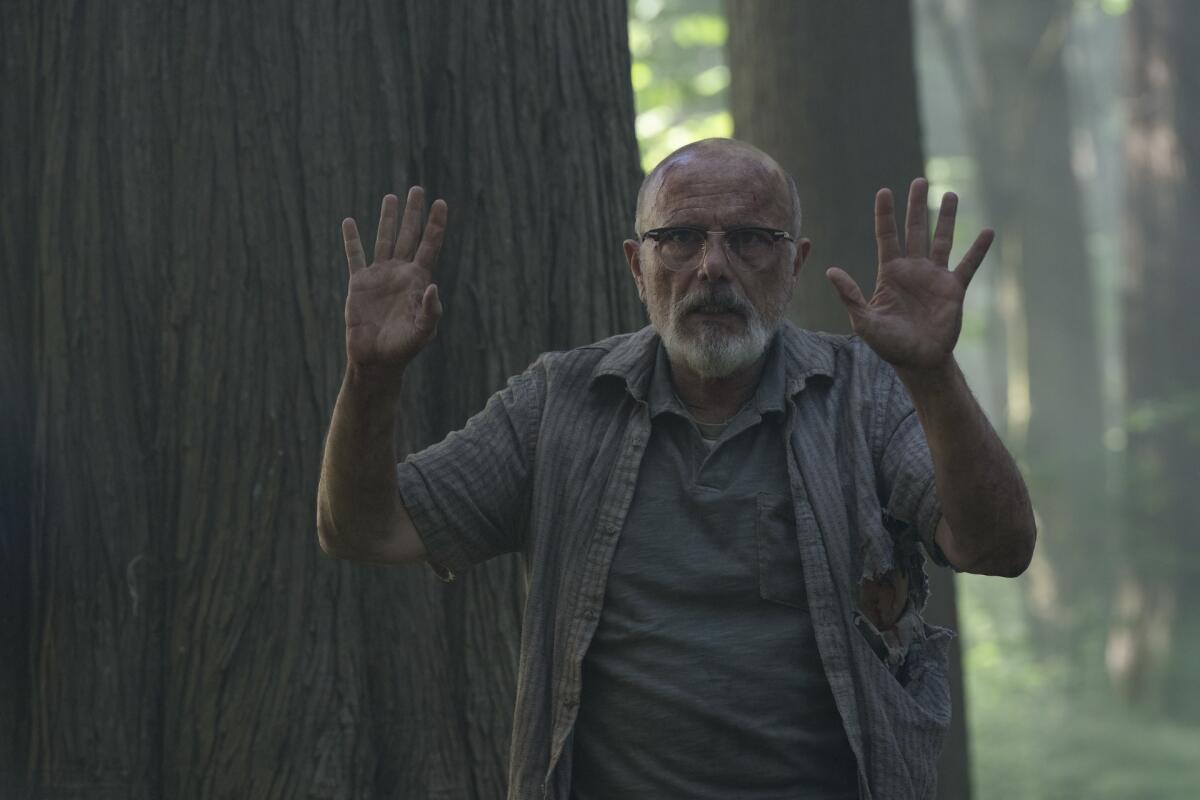MIAMI — Juan Serrano, a 28-year-old Colombian migrant with no criminal record, attended a hearing in immigration court in Miami on Wednesday for what he thought would be a quick check-in.
The musty, glass-paneled courthouse sees hundreds of such hearings every day. Most last less than five minutes and end with a judge ordering those who appear to return in two years’ time to plead their case against deportation.
So it came as a surprise when, rather than set a future court date, government attorneys asked to drop the case. “You’re free to go,” Judge Monica Neumann told Serrano.
Except he really wasn’t.
Waiting for him as he exited the small courtroom were five federal agents who cuffed him against the wall, escorted him to the garage and whisked him away in a van along with a dozen other immigrants detained the same day.
They weren’t the only ones. Across the United States in immigration courts from New York to Seattle this week, Homeland Security officials are ramping up enforcement actions in what appears to be a coordinated dragnet testing out new legal levers deployed by President Trump’s administration to carry out mass arrests.
While Trump campaigned on a pledge of mass removals of what he calls “illegals,” he’s struggled to carry out his plans amid a series of lawsuits, the refusal of some foreign governments to take back their nationals and a lack of detention facilities to house migrants.
Arrests are extremely rare in or immediately near immigration courts, which are run by the Justice Department. When they have occurred, it was usually because the individual was charged with a criminal offense or their asylum claim had been denied.
“All this is to accelerate detentions and expedite removals,” said immigration attorney Wilfredo Allen, who has represented migrants at the Miami court for decades.
Dismissal orders came down this week, officials say
Three U.S. immigration officials said government attorneys were given the order to start dismissing cases when they showed up for work Monday, knowing full well that federal agents would then have a free hand to arrest those same individuals as soon as they stepped out of the courtroom. All spoke on condition of anonymity because they feared losing their jobs.
AP reporters on Wednesday witnessed detentions and arrests or spoke to attorneys whose clients were picked up at immigration courthouses in Los Angeles, Phoenix, New York, Seattle, Chicago and Texas.
The latest effort includes people who have no criminal records, migrants with no legal representation and people who are seeking asylum, according to reports received by the American Immigration Lawyers Assn. While detentions have been happening over the past few months, on Tuesday the number of reports skyrocketed, said Vanessa Dojaquez-Torres, practice and policy counsel at the association.
In the case of Serrano in Miami, the request for dismissal was delivered by a government attorney who spoke without identifying herself on the record. When the AP asked for the woman’s name, she refused and hastily exited the courtroom past one of the groups of plainclothes federal agents stationed throughout the building.
The Justice Department’s Executive Office for Immigration Review, which oversees immigration courts, referred questions to the Department of Homeland Security. U.S. Immigration and Customs Enforcement, which is part of Homeland Security, said in a statement that it was detaining people who are subject to fast-track deportation authority.
Outside the Miami courthouse on Wednesday, a Cuban man was waiting for one last glimpse of his 22-year-old son. Initially, when his son’s case was dismissed, his father assumed it was a first, positive step toward legal residency. But the hoped-for reprieve quickly turned into a nightmare.
“My whole world came crashing down,” said the father, breaking down in tears. The man, who asked not to be identified for fear of arrest, described his son as a good kid who rarely left his Miami home except to go to work.
“We thought coming here was a good thing,” he said of his son’s court appearance.
Antonio Ramos, an immigration attorney with an office next to the Miami courthouse, said the government’s new tactics are likely to have a chilling effect in Miami’s large migrant community, discouraging otherwise law-abiding individuals from showing up for their court appearances for fear of arrest.
“People are going to freak out like never before,” he said.
‘He didn’t even have a speeding ticket’
Serrano entered the U.S. in September 2022 after fleeing his homeland due to threats associated with his work as an advisor to a politician in the Colombian capital, Bogota, according to his girlfriend, who spoke on condition of anonymity for fear of being arrested and deported. Last year, he submitted a request for asylum, she said.
She said the couple met working on a cleanup crew to remove debris near Tampa following Hurricane Ian in September 2022.
“He was shy and I’m extroverted,” said the woman, who is from Venezuela.
The couple slept on the streets when they relocated to Miami but eventually scrounged together enough money — she cleaning houses, he working construction — to buy a used car and rent a one-bedroom apartment for $1,400 a month.
The apartment is decorated with photos of the two in better times, standing in front of the Statue of Liberty in New York, visiting a theme park and lounging at the beach. She said the two worked hard, socialized little and lived a law-abiding life.
“He didn’t even have a speeding ticket. We both drive like grandparents,” she said.
The woman was waiting outside the courthouse when she received a call from her boyfriend. “He told me to go, that he had been arrested and there was nothing more to do,” she said.
She was still processing the news and deciding how she would break it to his elderly parents. Meanwhile, she called an attorney recommended by a friend to see if anything could be done to reverse the arrest.
“I’m grateful for any help,” she said as she shuffled through her boyfriend’s passport, migration papers and IRS tax receipts. “Unfortunately, not a lot of Americans want to help us.”
Goodman and Salomon write for the Associated Press. AP reporters Martha Bellisle in Seattle, Sophia Tareen in Chicago, Valerie Gonzalez in McAllen, Texas, and Amy Taxin in Santa Ana, Calif., contributed to this report.



